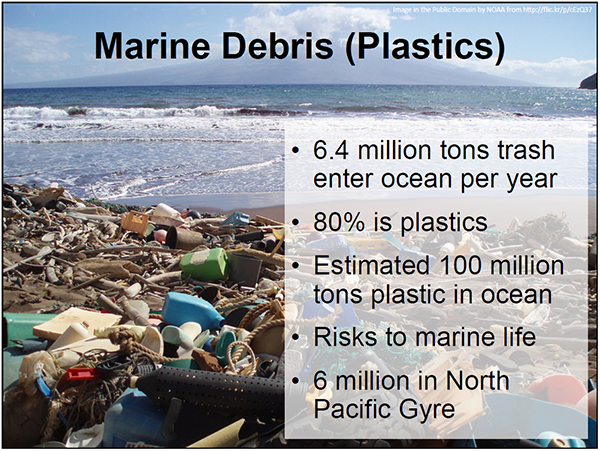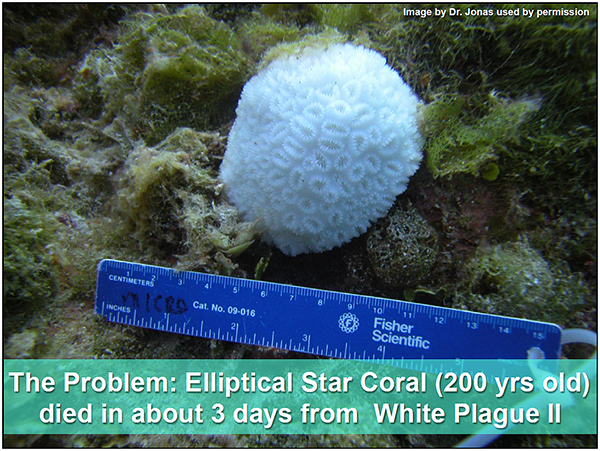One of only a few science courses that does not require a lab component, EVPP 201: Environment and You: Issues for the Twenty-First Century introduces students to broad aspects of human-environmental interactions in the contemporary world. Partially fulfilling the natural science requirement for Mason Core, EVPP 201 has also been designated a Green Leaf Course as it contributes significantly to students’ understanding and practice of sustainability.
For Professor J. Neil Ransom, who has been conducting PhD dissertation research in Kenya for the past year, bringing the course to the online format has allowed him to promote knowledge and understanding of sustainability efforts while continuing to practice and engage in research within the field. He explains, “EVPP 201 is a great course that introduces students without a strong background in science to some great environmental information. Non-science majors can take this course without feeling intimidated by it.”

During the “Issues with Our Oceans” unit, students in Professor Ransom’s online section of EVPP 201 discuss pollution in the ocean, invasive species, and more. Image courtesy of Professor J. Neil Ransom
Despite his location in the East Africa time zone, Professor Ransom is still able to teach a broad array of environmental themes throughout the course with video lectures and detailed presentation slides. Topics include an introduction to environmental ethics, the basics of environmental toxicology, a hydrosphere unit covering areas such as the ocean and the Chesapeake Bay, and impacts on the atmosphere, including air pollution, climate change, acid rain, and ozone depletion.
In discussing issues of sustainability, Professor Ransom finds that the best way to engage students is making the content relevant to their own lives. “Students enjoy the hydrosphere unit, as many are familiar with the Chesapeake Bay and other surrounding areas,” notes Professor Ransom. Furthermore, the course’s founding professor Dr. Robert Jonas was able to draw upon his own research on coral diseases to craft a course unit that students find especially engaging.
Additionally, various projects and discussions within the course are founded within students’ personal environments. One project incorporates the use of Environmental Protection Agency (EPA) websites to identify air quality in students’ hometowns at the time of completing the assignment. This project allows students not only to learn how to access information about the environment but also to apply that information, to behave and react to the air quality at that time, and to engage in meaningful collaborative discussions around real life scenarios.
“Now that the course is online, we can offer it to students every semester. This is the third year online, and each semester we have had more and more students sign up,” says Professor Ransom. “This course provides a lot of good material with a real impact on the students. Hopefully when they’re done with the course, they’ll be knowledgeable about environmental risks, how to mitigate those risks, and how to help protect our environment.”

In creating the online section of EVPP 201, Professors Jonas and Ransom were able to incorporate real world examples of environmental impacts on coral from Jonas’ own research. Image courtesy of Professor J. Neil Ransom.
 Mason Online
Mason Online